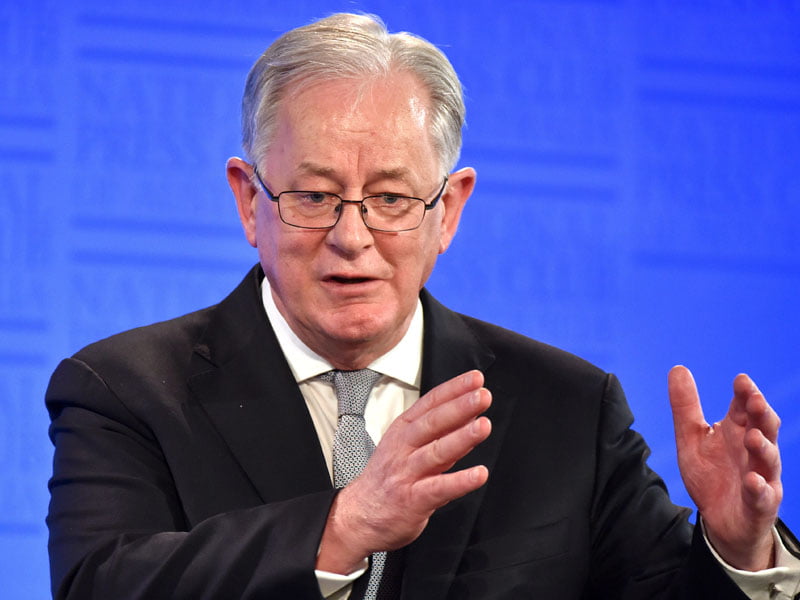Singapore has come out of the Asia Pacific’s increasingly competitive technology blocks fast in 2016. Its all-seeing government is set to streamline the state agencies that oversee and invest in tech and media, an acknowledgment of the ongoing convergence of the sectors.
The move comes after Australia’s jet-setting Trade and Investment Minister Andrew Robb made another trip to the Southeast Asian finance and technology hub to put some meat on the bones of the Comprehensive Strategic Partnership announced by Tony Abbott and Singapore’s Prime Mister Lee Hsien-Loong last June.
In the second half of this year, the Singapore government will merge its Infocomm Development Authority (IDA) and the Media Development Authority (MDA,) and restructure it to form the new Infocommunications Media Development Authority (IMDA).

Singapore’s Minister for Communications and Information Yaacob Ibrahim said the new authority will “help Singapore seize the opportunities presented by these technological changes”.
At present, the IDA regulates and promotes telecommunications services while the MDA oversees content in traditional media such as television.
Dr Ibrahim told the Singaporean parliament that structural changes to economies wrought by companies like Uber and Airbnb would only accelerate. A new Government Technology Organisation (GTO) will be spun out of the existing authorities to lead the Singapore government’s digitisation efforts.
Singapore is looming as an ever more important economic partner for Australia.
“To me our ambition for deepening our relationship and economic integration should be akin to the close relationship we enjoy with New Zealand,” Mr Robb said.
Still, there were, under Abbott, serious concerns in the Australian diplomatic and trade apparatus that the effort to upgrade the broad relationship with Singapore – now widely considered Southeast Asia’s digital media hub – with which Australia has an incredibly well-aligned set of interests may have floundered in the hands of a (former) PM overly distracted by adventures in far off lands like Syria. Despite the efforts of Mr Robb and Foreign Minister Julie Bishop.
We will never know, of course but it’s heartening that Mr Robb has followed up last June’s trade mission, which also included Western Australian Premier Colin Barnett and Northern Territory Chief Minister Adam Giles, relatively quickly.
One of the initial projects being commenced under the aegis of the new deal is a review of the Singapore-Australia Free Trade Agreement (SAFTA), which entered into force back in 2003. The review is scheduled for completion by July this year.
In terms of more tech-specific initiatives, an increasingly tech-heavy agribusiness – where Australia is an acknowledged world leader – as well as improving broad research cooperation were a focus of Robb’s visit.
Another key area of co-operation is planned to be in cybercrime and cybersecurity.
All of his begs the question, once again, of just where the Turnbull Government will nominate as the Asian ‘landing pads’ as it continues to fill out its own innovation agenda.
For what its worth, Singapore appears to be a well-oiled landing pad all of its own, replete with a wildly enthusiastic government. As such, Australian companies need relatively little help from Asutralia to enter the Singaporean market, or to use it – as previously been canvassed in this publication – as a base for other countries in Southeast Asia. Hopefully that leaves the myriad other options in the region open for choice.
Whatever the case, here at InnovationAus.com, we can assure you that there’s never been a more exciting time to be an Australian technology company in Asia.
Do you know more? Contact James Riley via Email.
